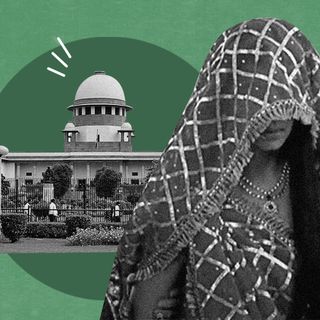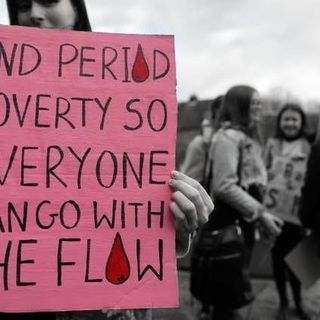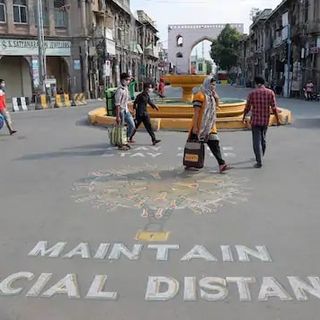This article has been updated to reflect the most recent events around the ban.
Following pressure from police unions, which believe that officers’ lives could be at risk if they were unable to use the chokehold technique for arrests, France has reversed this ban. “While awaiting a clarification of the new framework and details of when circumstances require it, the technique known as the chokehold will continue to be used with restraint and discernment,” Frédéric Veaux, France’s national police chief, wrote to the staff.
With the killing of George Floyd in Minneapolis, Minnesota, triggering protests around the world, France has banned the controversial chokehold that is often used by the police as a tactic to arrest or detain suspects.
Just like the US, France has also seen a number of protests over the years against racism within the police force with officers being regularly accused of using excessive force in black neighborhoods. However, the police continue to be brutal — last year alone, there were 750 complaints of alleged violence against officers in France. In fact, last week, StreetPress revealed a closed Facebook group with 8,000 police officers exchanging racist and sexist messages between themselves — with the public prosecutor’s office immediately launching an investigation against the officers involved for “public insult of a racist nature” and “public provocation to racial hatred.”
Now, amid the ongoing #BlackLivesMatter protests, Christophe Castaner, Minister of the Interior in France, banned the chokehold technique on Monday. “It will no longer be taught in police and gendarmerie schools. It is a method that has its dangers. I hear the criticism, I hear a powerful cry against hatred. It is not enough to condemn it,” Castaner said, lamenting how the police force failed in their republican duties, and adding that there will be zero tolerance for racism in French law enforcement.
Related on The Swaddle:
Indian Support for George Floyd, While We Remain Silent on Violence at Home, Is Hypocritical, Performative Wokeness
A chokehold is a constriction technique that critically reduces, or prevents, either air, or blood, or both, from passing through the neck of the victim — often leading to unconsciousness, or even death. The use of the method in law enforcement, although intended to force an uncooperative subject to submit without causing death, has resulted in the death of many like Floyd.
Although several police departments in the US, including New York, Los Angeles and Washington, D.C., have official bans in place against neck restraints that can cut off a victim’s ability to breathe die to application of pressure to the windpipe, they haven’t banned the chokeholds that temporarily cut off blood flow to the brain — and because policies against the use of neck restraints that differentiate between the two remain imprecise and unclear, police officers are rarely held accountable, and continue to use the tactic on victims.
Until recently, Philadelphia was the only state in the US that had a specific, blanket ban on all forms of neck restraints. Last Friday, following the nationwide public outrage against Floyd’s killing, the Minneapolis City Council voted in favor of a complete ban on neck restraints. In the meantime, California and Phoenix also joined the league and imposed a ban on neck restraints — explicitly specifying that chokeholds that cut off blood flow to the brain are forbidden. However, in the case of France, it remains unclear whether whether they have banned only one, or both forms of the chokehold technique.
In 2014, Eric Garner cried out, “I can’t breathe,” 11 times before losing consciousness while under a chokehold by a police officer. Manuel Ellis in March 2020, and Floyd last month, uttered those same words over and over again before they died. Now, the protesters have adopted Floyd’s, Garner’s and Ellis’ last words “I can’t breathe,” as their rallying cry.




